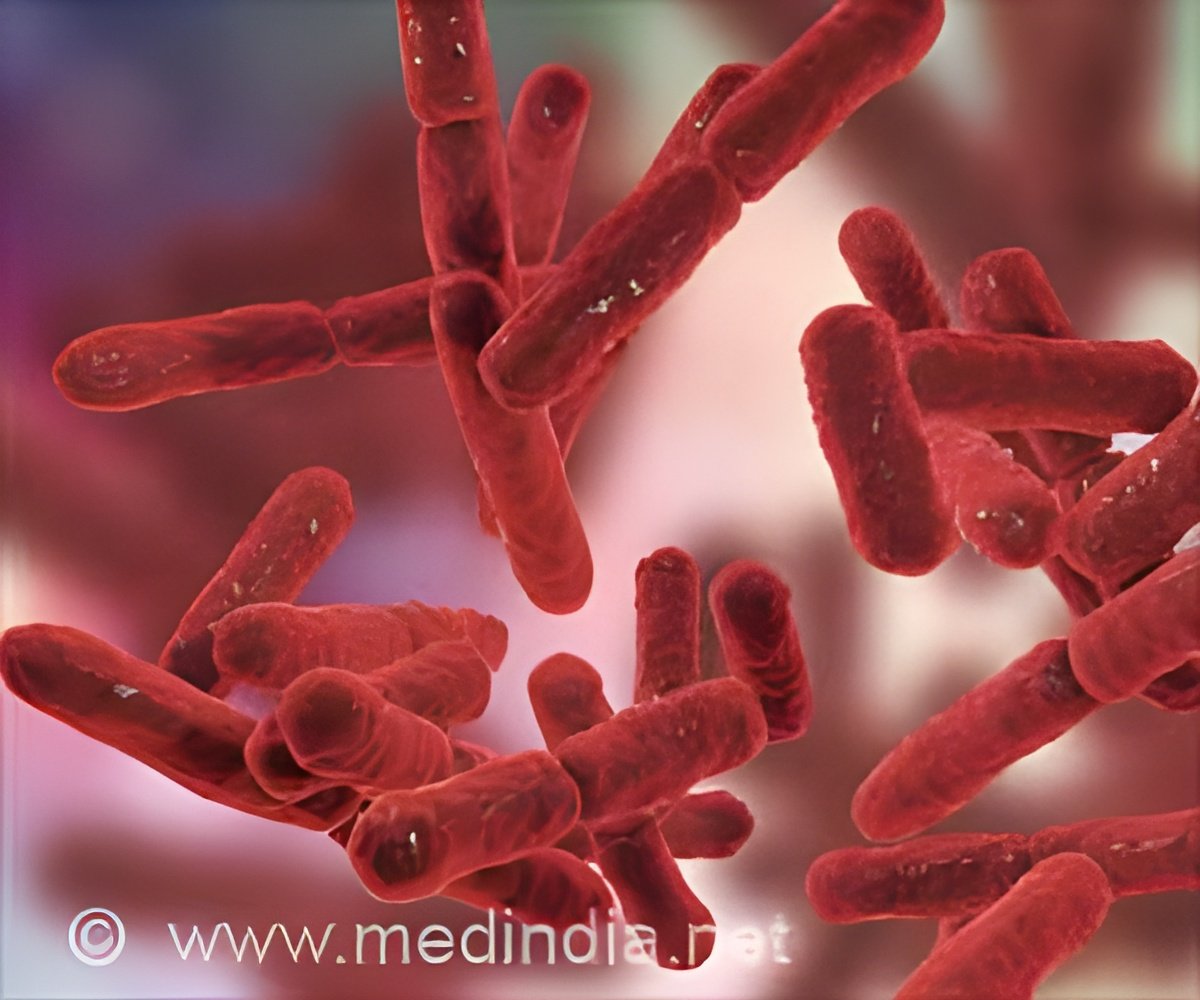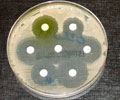A new antibacterial spray developed has a positive effect in healthcare and can be used as a powerful tool to fight antibiotic resistance.

‘Antibiotic resistance is ranked as one of the top ten threats to global health and cause nearly 1.3 million deaths a year globally, according to WHO. So, there is an urgent need to deal with resistant bacteria.’





The material consists of small hydrogel particles equipped with a type of peptide* that effectively kills and binds bacteria. Attaching the peptides to the particles provides a protective environment and increases the stability of the peptides. This allows them to work together with body fluids such as blood, which otherwise inactivates the peptides, making them difficult to use in healthcare. In previous studies, the researchers showed how the peptides can be used for wound care materials such as wound dressings. They have now published two new studies in which the bactericidal material is used in the form of a wound spray and as a coating on medical devices that are introduced into our bodies. This new step in the research means that the innovation can be used in more ways and be of even greater benefit in healthcare.
Kills Bacteria without Adversely Affecting Wound Healing
The wound spray, which can reach into deep wounds and other open areas on the body where bacteria can enter, is flexible and very useful for treating and preventing infection. The new material has many advantages over existing sprays and disinfectants.“The substance in this wound spray is completely non-toxic and does not affect human cells. Unlike existing bactericidal sprays, it does not inhibit the body’s healing process. The materials, which are simply sprayed onto the wound, can also kill the bacteria in a shorter time,” says Edvin Blomstrand, an industrial doctoral student at the Department of Chemistry and Chemical Engineering at Chalmers University of Technology and one of the lead authors of the scientific article.
Reduces the Risk of Infection from Materials Introduced into the Body
For treatments in which materials such as implants and catheters are inserted into our bodies, infections are a major problem. Therefore, there is great need for new antibacterial biomaterials, i.e. materials that treat, replace or modify organs, tissue or functions in a biological body. One of the major sources for hospital-acquired infection comes from the usage of urinary catheters. The Chalmers researchers’ new coating can now be an effective new tool for reducing this risk and preventing infections.Advertisement
In the study, the researchers tested the coating on silicone materials used for catheters, but they see opportunities to use it on other biomaterials.
Advertisement
Source-Eurekalert















